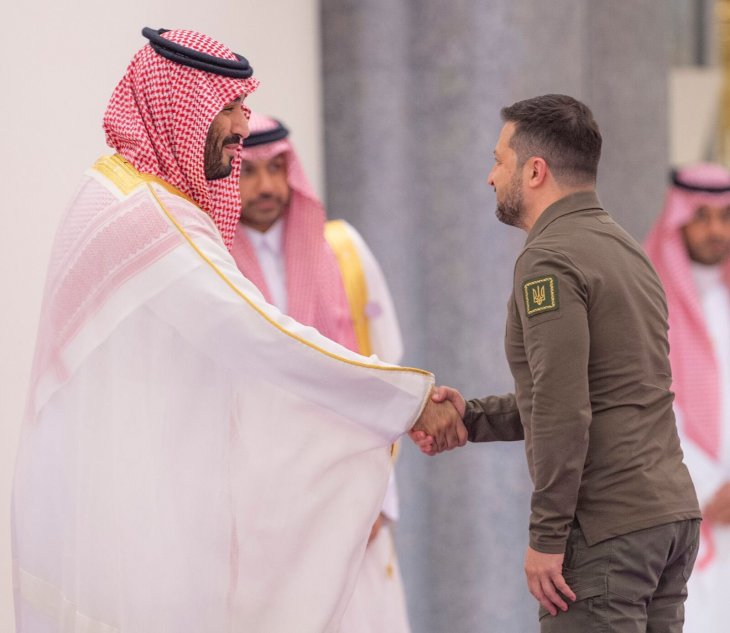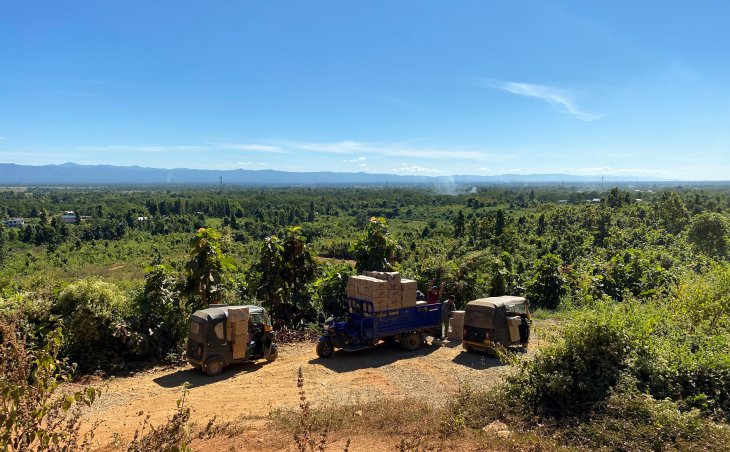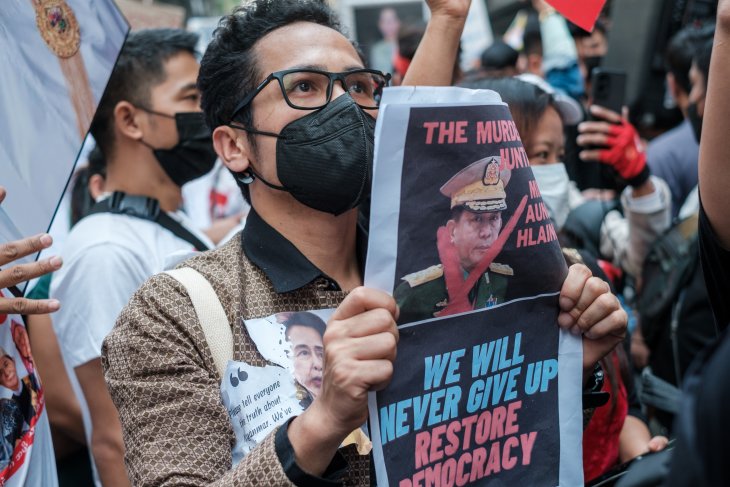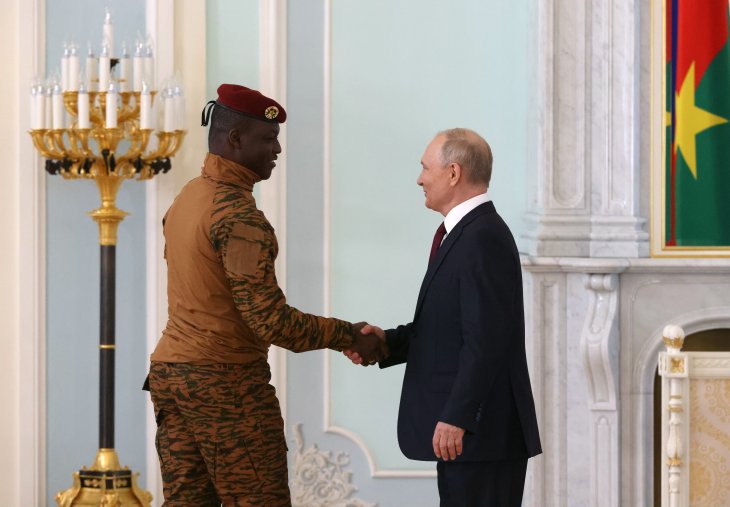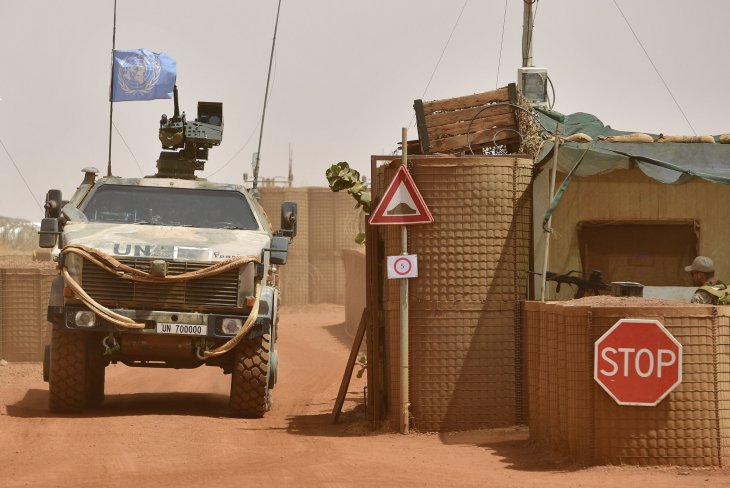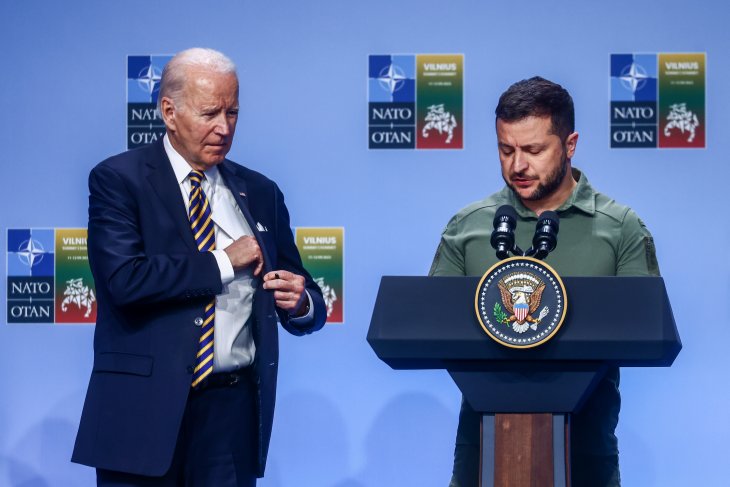Russia’s all-out aggression against Ukraine, which will pass the 18-month mark next week, is indirectly but strongly connected to the Russo-Georgian war of 15 years ago.
In the first week of August 2008, Georgian villages in South Ossetia, a separatist enclave controlled by Russia since 1992, came under heavy artillery fire; on August 14, Russian tanks reached the outskirts of Tbilisi, before retreating to Tskhinvali a week later.
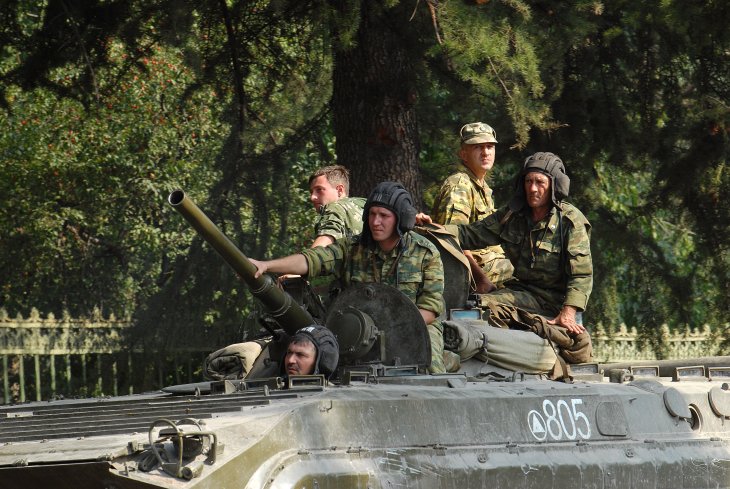
Russian soldiers travel on a tank in the province of South Ossetia following the conflict with Russia in August 2008. Photo: Igor Gavrilov/Laski Diffusion/Getty Images
The ceasefire was negotiated by French President Nicolas Sarkozy, who rushed to Moscow to persuade Russian President Dmitry Medvedev to roll back the invasion, and it was United States Secretary of State Condoleezza Rice who convinced Georgian President Mikhail Saakashvili to sign the deal, which prompted the Kremlin to recognize Abkhazia and South Ossetia as “independent states” (Rossiiskaya gazeta; Svoboda, August 8).Read More

